AeroGenie — Il tuo copilota intelligente.
Tendenze
Categories
Boeing Develops 737 MAX Successor Amid Airbus Delivery Lead
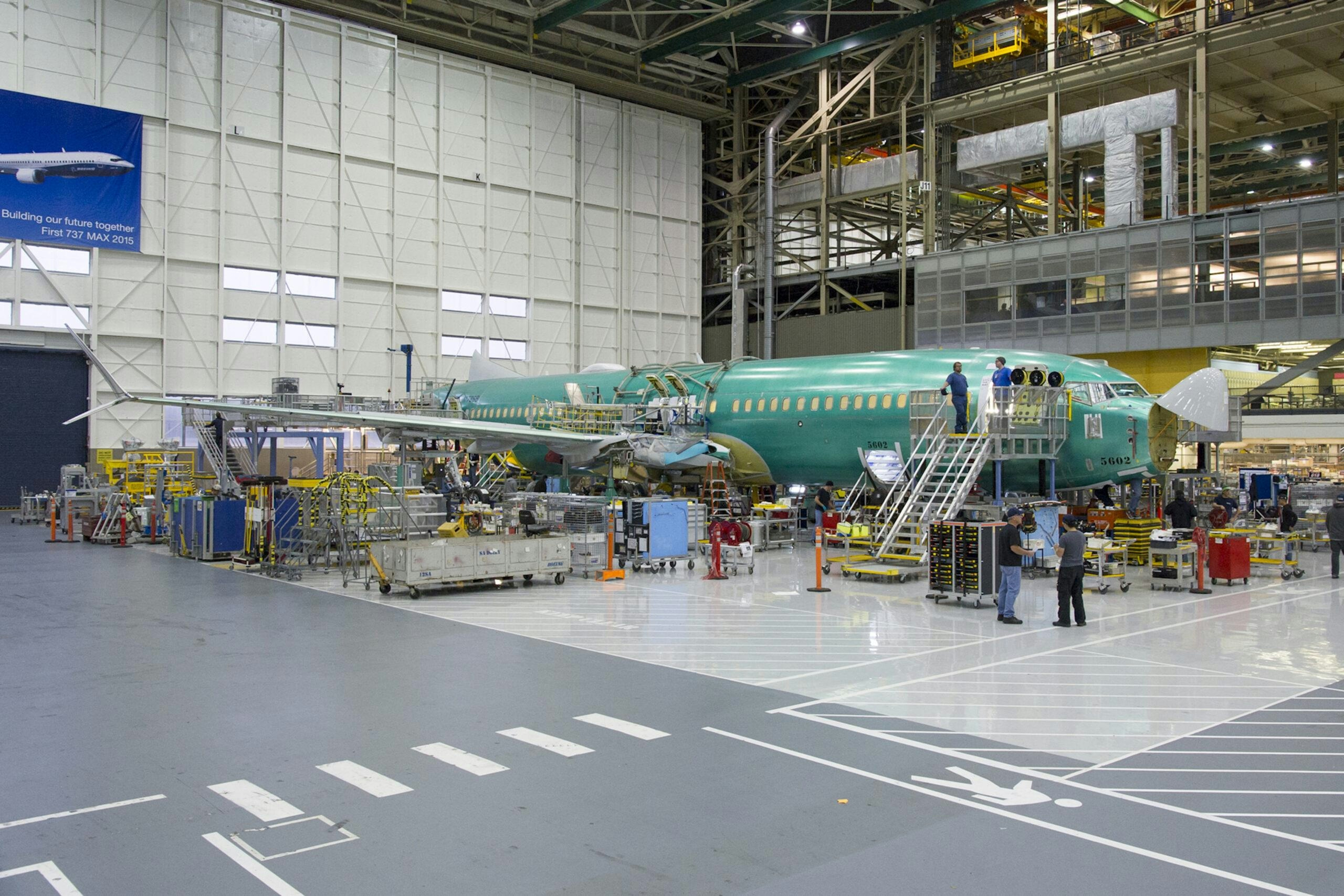
Boeing Develops 737 MAX Successor Amid Airbus Delivery Lead
Airbus Surpasses Boeing in Jetliner Deliveries
Airbus has recently overtaken Boeing in the race for jetliner deliveries, marking a pivotal moment in the aerospace industry. The European manufacturer delivered its 12,260th A320-family aircraft, surpassing Boeing’s longstanding record for the most-delivered jetliner. This milestone was achieved with the handover of an A320neo to Saudi carrier Flynas, highlighting Airbus’s expanding dominance in the single-aisle jet segment. The company continues to grow its market share aggressively, maintaining ambitious delivery targets, particularly in the rapidly expanding Chinese market.
In response to this competitive shift, Boeing is advancing plans to develop a successor to its 737 MAX. Although still in the early stages of development and with final decisions yet to be made, Boeing’s initiative reflects its intent to reclaim ground in the highly contested single-aisle market. The move comes as Boeing focuses on recovery efforts and closely monitors evolving market trends and competitive pressures intensified by Airbus’s recent gains.
Global Air Travel Trends and Regional Developments
The global aviation sector is poised for significant growth, with worldwide air travel projected to reach 9.8 billion passengers by 2025, driven largely by international demand. In Latin America, the Airports Council International for Latin America and the Caribbean (ACI-LAC) forecasts passenger numbers to reach 789 million by the end of 2025, representing a 4% increase over 2024. Colombia, Mexico, and Brazil are expected to be the primary contributors to this growth, according to projections announced at ACI-LAC’s Annual Assembly and Conference held in Trinidad and Tobago.
Industry Challenges: Sustainability, Workforce, and Security
The aviation industry faces mounting pressure to enhance transparency and accuracy in environmental reporting. Cirium, a global aviation analytics firm, has warned that greenwashing—misleading or exaggerated sustainability claims—poses significant reputational, financial, and legal risks for airlines. Regulators, investors, and consumers are increasingly demanding greater accountability, intensifying scrutiny on environmental practices.
Workforce shortages also threaten the sector’s growth, particularly in Latin America. Boeing’s Pilot and Technician Outlook estimates that over 660,000 new pilots will be required globally over the next two decades. Latin America alone will need more than 37,000 pilots and nearly 134,000 aviation professionals, including technicians and cabin crew, to meet rising demand. Mexico’s aviation growth is especially vulnerable due to a shortage of commercial pilots.
Security concerns surrounding drone operations have come to the forefront in both Europe and Mexico. The European Union’s proposed “drone wall” to safeguard its airspace has encountered delays caused by funding, coordination, and technological challenges. Announced by European Commission President Ursula von der Leyen following NATO’s interception of drones in Polish airspace, the initiative is slated for discussion at an upcoming summit in Copenhagen, though full implementation is expected to take years. Meanwhile, in Mexico, drone operators are advocating for reduced fees related to licenses and certifications amid the development of new regulations. These concerns were voiced at the Second DroneMex Congress 2025 in Queretaro, highlighting the financial burdens associated with exams and procedural requirements.
Impact of US Government Shutdown on Aviation
In the United States, the ongoing partial government shutdown has significantly affected the aviation sector. The union representing more than 13,000 air traffic controllers has urged its members to continue working without pay during the impasse, which has also impacted thousands of other aviation workers. This situation underscores the operational challenges faced by the industry amid political and economic uncertainties.
As Airbus solidifies its lead in jetliner deliveries and Boeing pursues a new single-aisle aircraft, the global aviation industry navigates a complex landscape marked by rapid growth, regulatory scrutiny, workforce shortages, and evolving security demands. Manufacturers and airlines alike are adapting to these shifting dynamics as they strive to meet the challenges of a changing market.

Bentley Uses Sustainable Aviation Fuel for Luxury Car Deliveries

Archer Aviation’s UK AI Flight Hub and NVIDIA Partnership Shift Investment Outlook
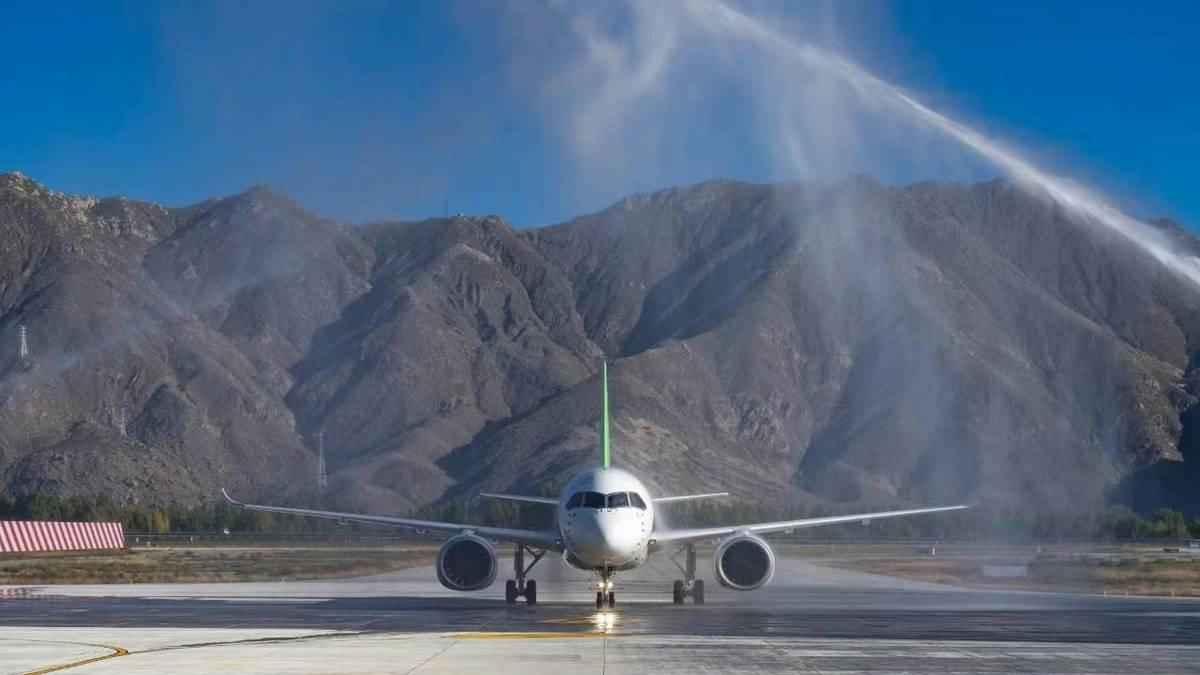
COMAC Faces Delays as Supply Chains and Sanctions Restrict Output and Western Access
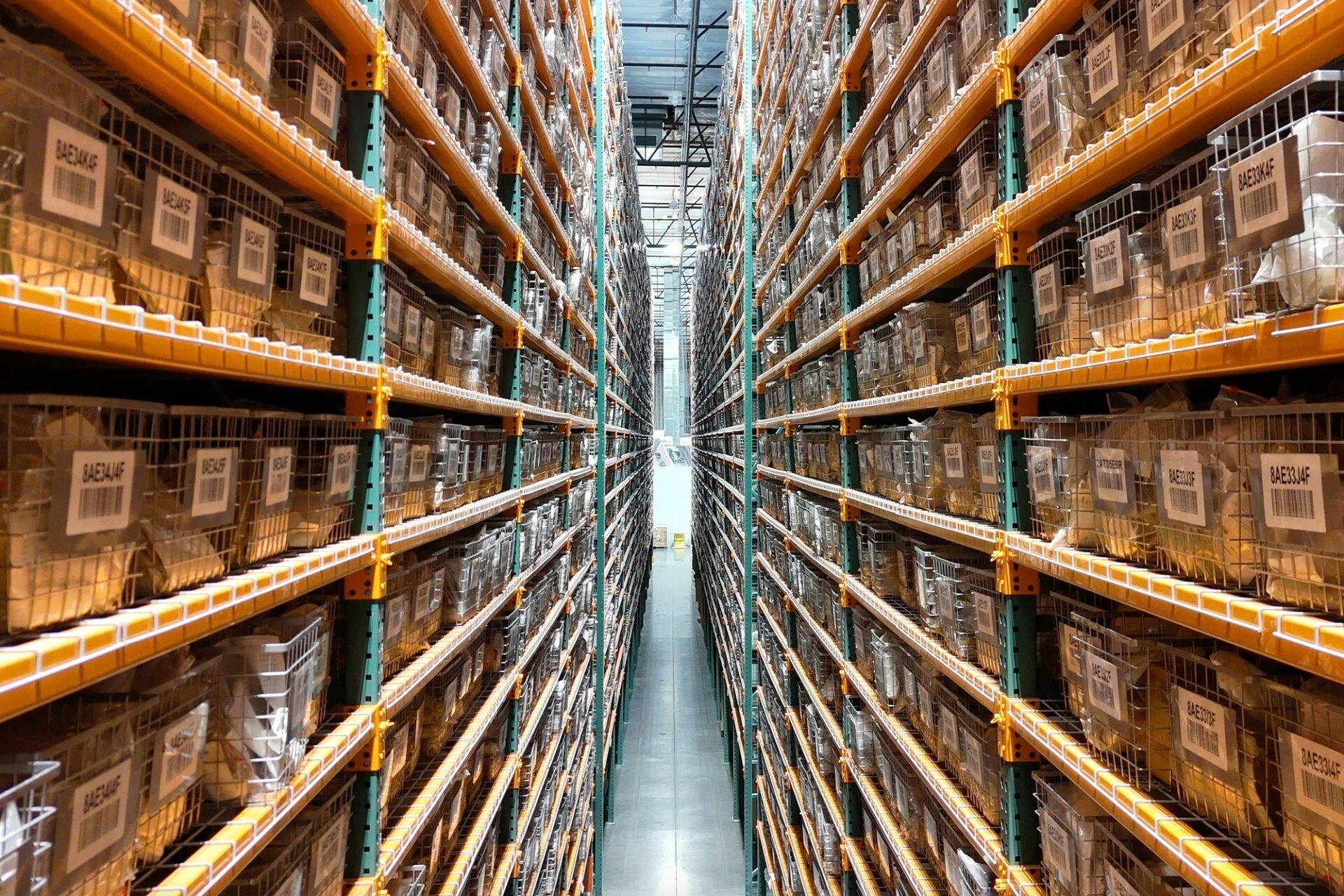
Aviation Tariffs Shift Focus Amid Market Volatility
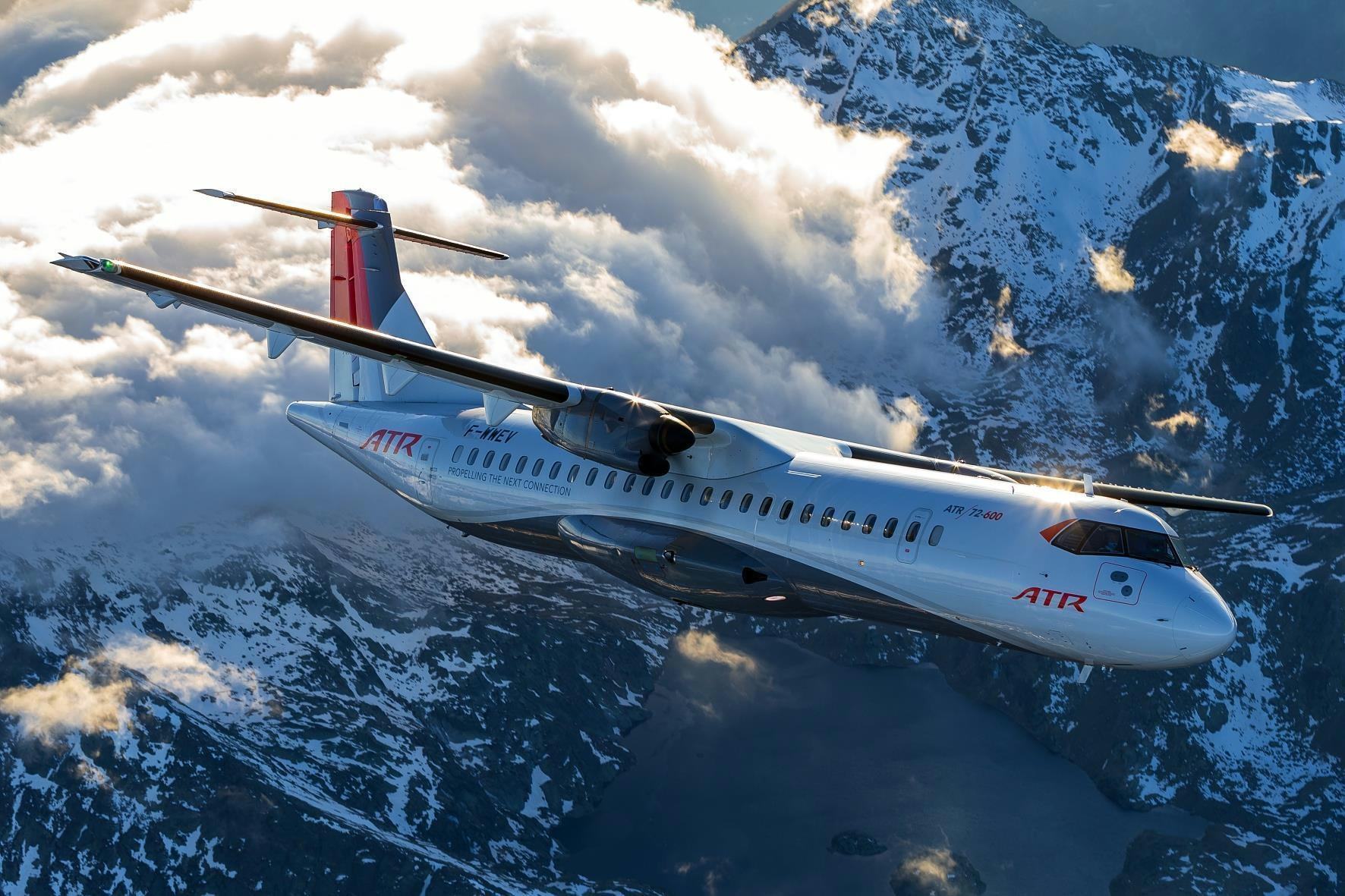
ATR Airlines Misses Targets Amid Aircraft Delivery Delays

Sen. Jerry Moran Proposes Bipartisan Bill to Improve FAA Certification for Advanced Air Mobility
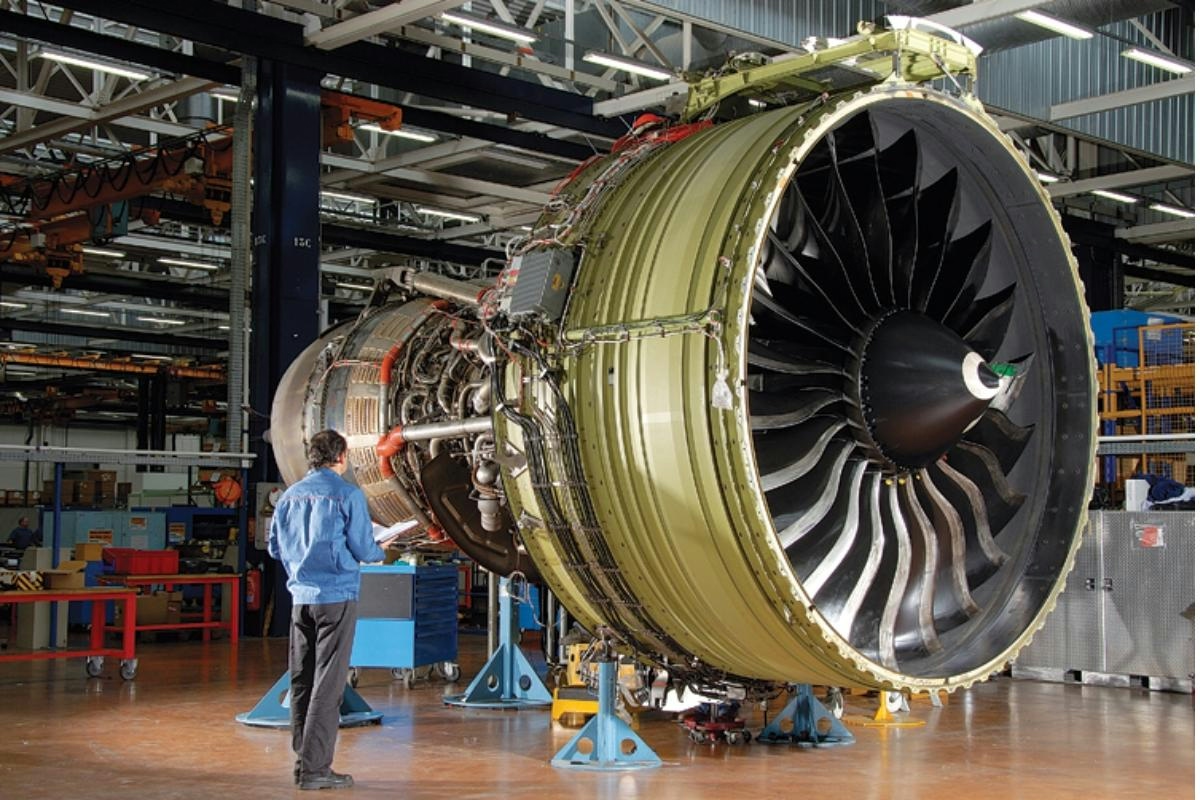
Aviation to AI: How Boeing Engines Are Powering the Data Center Boom
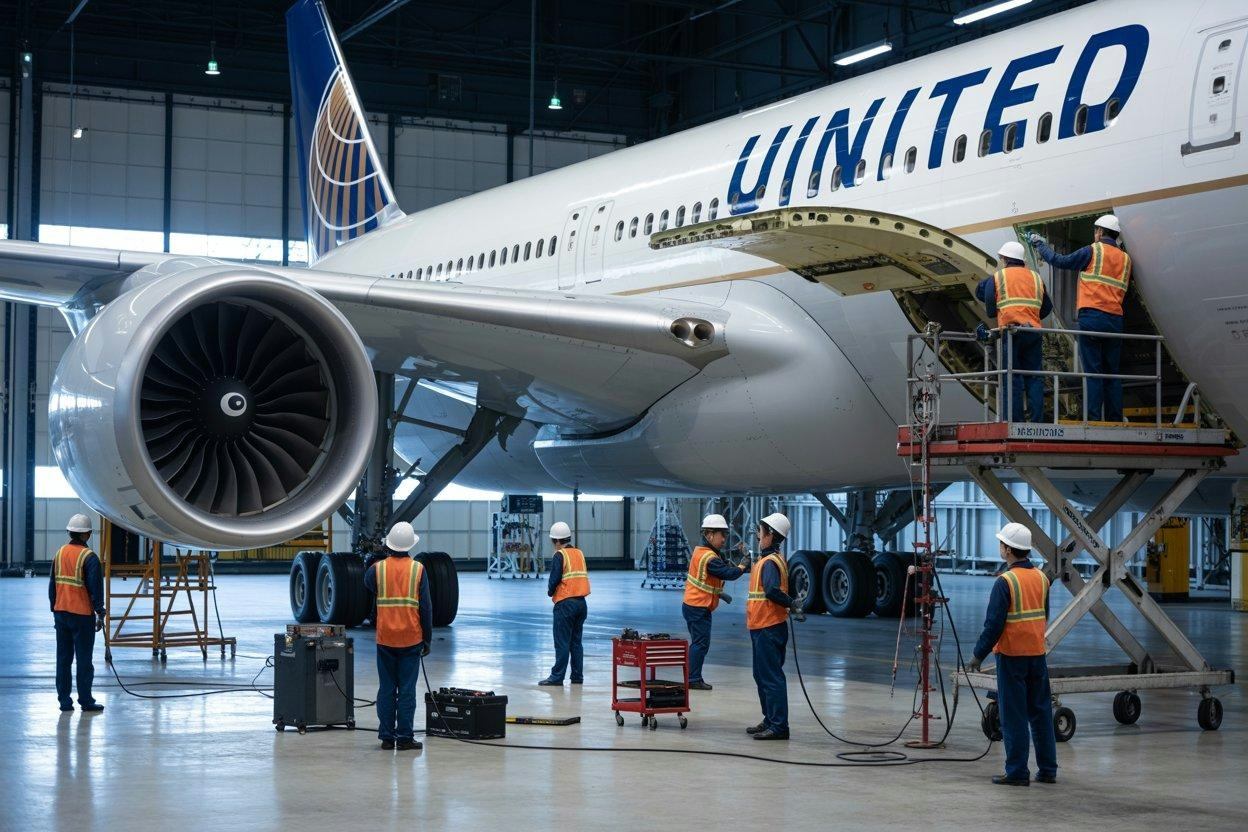
US Audit Identifies FAA Oversight Gaps at United Maintenance

The Impact of Agentic AI on Airport Operations
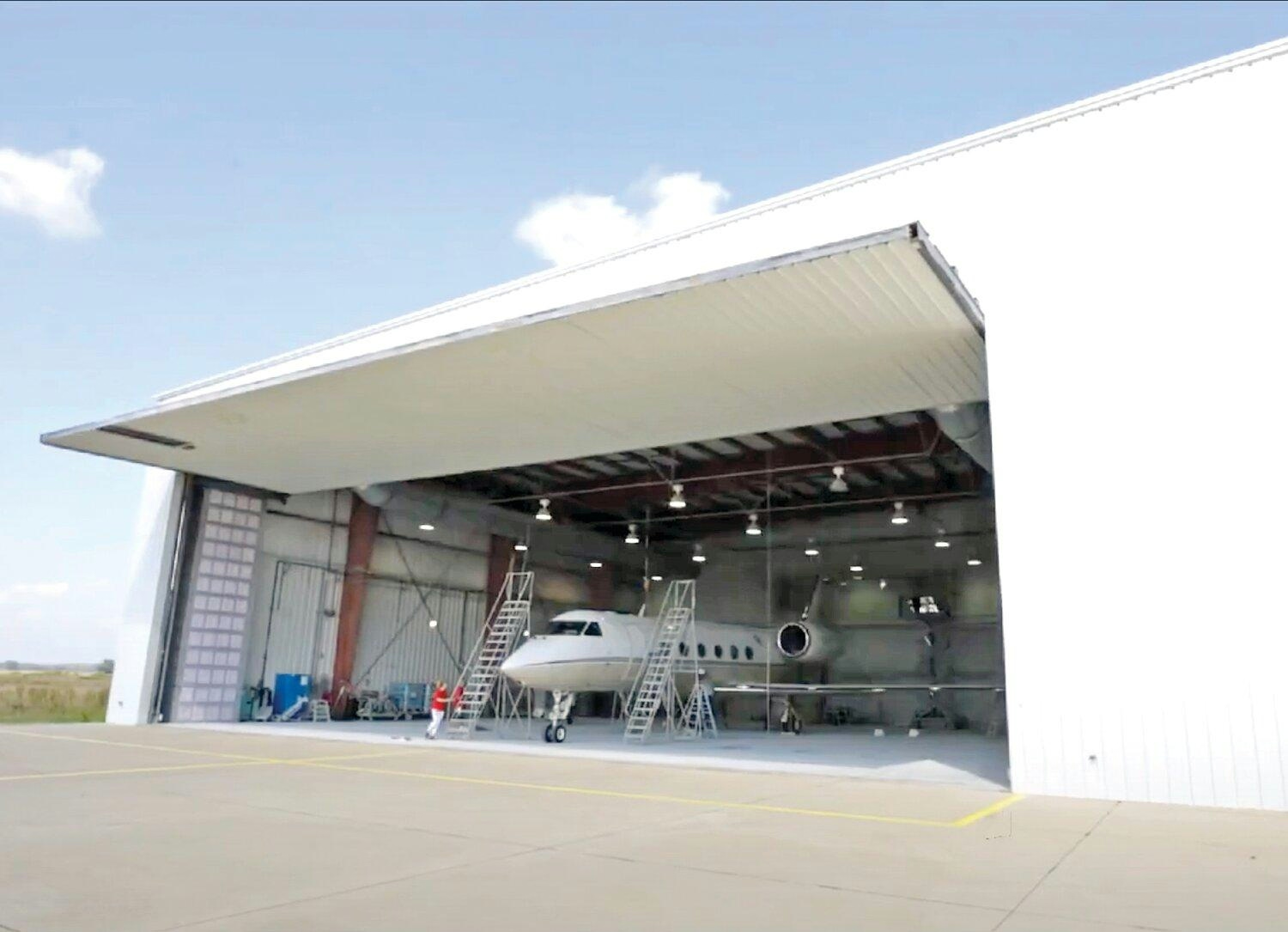
West Star Aviation Announces Expansion in Chattanooga
